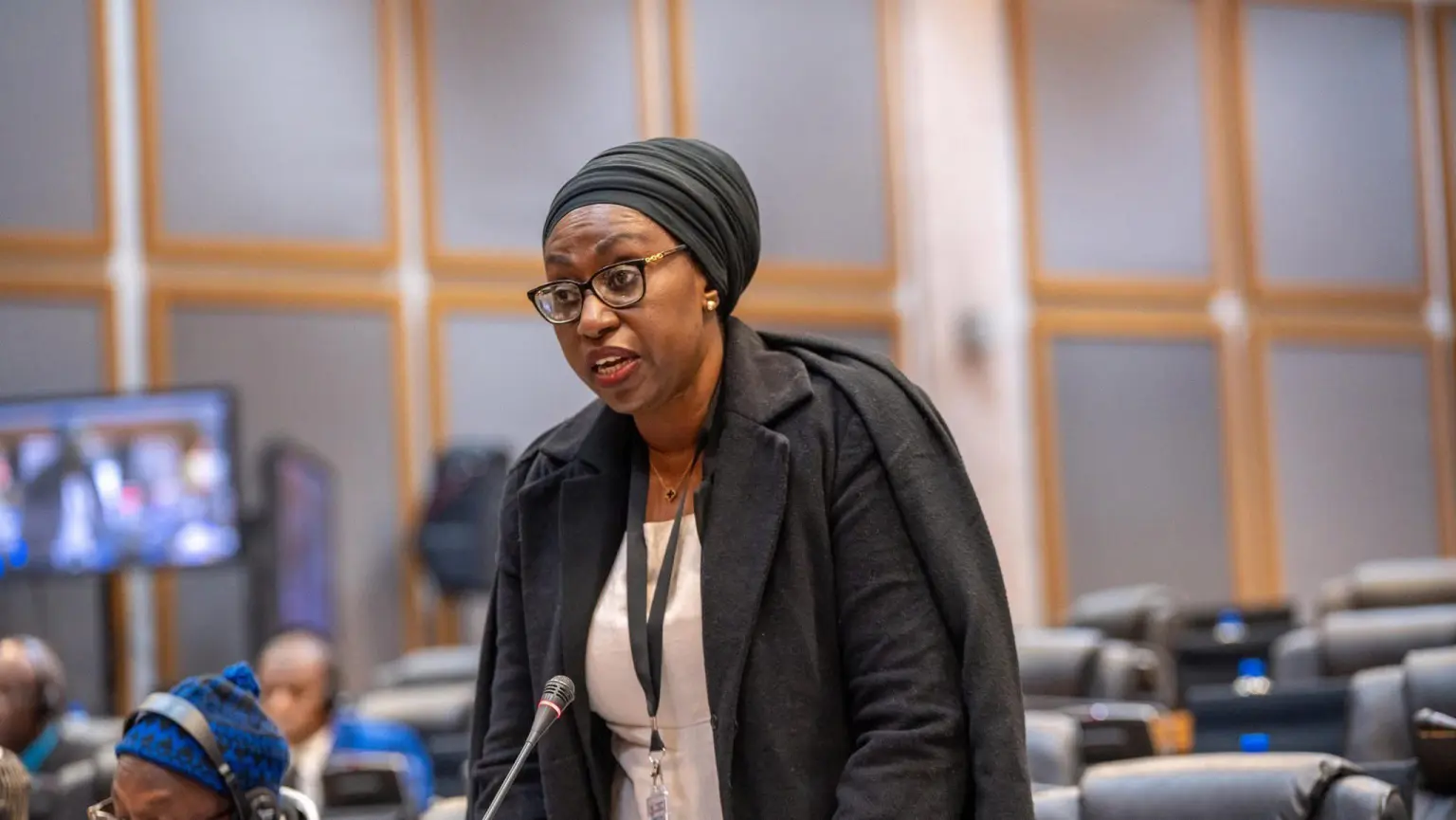Senator Natasha Akpoti-Uduaghan has spoken candidly about the challenges and hurdles women face as parliamentarians in the Nigerian Senate. Akpoti’s comments come amid her ongoing legal and political struggle following a contentious six-month suspension from the Senate, which has sparked nationwide debate over gender, power, and democratic representation.
In an exclusive interview shared on September 10, 2025, Akpoti, who represents Kogi Central, described the political environment within the Senate as “quite disheartening” for women. She emphasized that beyond the arduous process of being elected, women face systemic barriers when it comes to serving effectively. Akpoti highlighted the additional layers of scrutiny, intimidation, and exclusion that female lawmakers often encounter, making their work significantly more challenging than their male counterparts.
Akpoti’s suspension, originally imposed on March 6, 2025, stemmed from allegations of insubordination related to her conduct in the chamber. The saga escalated when Akpoti accused Senate President Godswill Akpabio of sexual harassment—a claim the Senate dismissed, which further complicated her status and fueled political tensions. Despite a court ruling favoring her return, the Senate leadership has continued to bar her, citing procedural technicalities and a pending appeal.
The African Democratic Congress and other advocacy groups have condemned the Senate’s handling of her case, framing it as not only a political witch hunt but also as gendered marginalization within one of Nigeria’s most critical institutions. This case has drawn attention to the broader issue of female political participation in Nigeria, where women occupy just a small fraction of legislative seats—about 2.7 percent in the Senate.
Women’s rights advocates argue that such treatment discourages female participation in politics and undermines Nigeria’s democratic credentials globally. In a country where patriarchal structures dominate, Akpoti represents a new generation of bold women leaders willing to challenge the status quo despite enormous personal and professional risks.
In her remarks, Akpoti called for greater solidarity among women in politics and urged institutional reforms to create a more inclusive and supportive environment for female legislators. She stressed that Nigeria’s democracy can only be strengthened by embracing diversity and ensuring that women have equal opportunities to contribute meaningfully to governance.
As Akpoti prepares to resume her legislative duties following ongoing court battles, her experience serves as a poignant reminder of the struggles female politicians endure and the urgent need for systemic change.
More than news- Its Icegate

